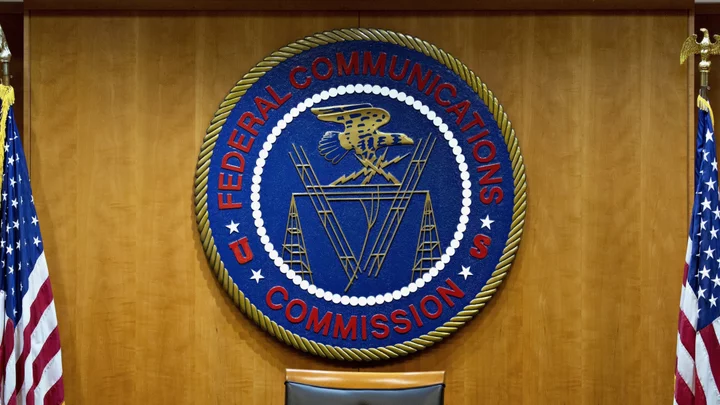Is the Federal Communications Commission out to grab more power, or is it merely trying to stamp out abuses in the broadband market?
In a 3-2 vote on Wednesday, the FCC adopted rules designed to eliminate “digital discrimination” in internet access, despite protests from Republicans claiming that the Commission is overstepping its regulatory bounds.
The rules aim to “prevent discrimination in access to broadband services based on income level, race, ethnicity, color, religion, and national origin.” The regulation was crafted on a mandate from the Bipartisan Infrastructure Law, which was passed in 2021 and required the FCC to ensure equal access to broadband.
In response, the FCC designed the rules so that it can investigate suspected instances of broadband access discrimination against consumers. This includes reviewing user reports made through FCC’s consumer complaint portal and holding monthly meetings “to assess trends in complaint patterns.” Following an investigation, the US regulator can then work with an internet service provider to resolve the issue or even penalize them.
“These rules target business practices and policies that impede equal access to broadband without adequate justification,” the FCC said in a statement. “The rules focus on the very real problem of outcome, such as when decisions untainted by discriminatory intent nevertheless cause different communities to receive different access to broadband services.”
In Wednesday’s vote, FCC Chairwoman Jessica Rosenworcel noted that communities across the US continue to suffer from the “digital divide,” which has caused geographical gaps in high-speed broadband access, particularly in rural areas. “The language is broad, but Congress was explicit: These rules have to facilitate equal access to broadband,” she said.
“And as part of this goal, Congress also told us we need to prevent and eliminate digital discrimination of access,” she added. “That means our rule would miss the mark if they just covered discriminatory intent because we would fall short of meeting our statutory obligation to facilitate equal access to broadband.
“As a result, we defined digital discrimination to include disparate treatment and disparate impact,” Rosenworcel explained. “I believe this approach puts us on the right side of history and the right side of the law.”
Hence, the rules could lead the FCC to investigate why an ISP is offering high-speed broadband service in one area and not in an adjacent neighborhood. It could also do the same for examining price differences across geographies. That said, the Commission will “consider arguments that legitimate business impediments preclude equal access to broadband service in particular communities” during any formal investigation. In other words, an ISP could argue it can’t offer high-speed broadband in a particular area due to the high costs of rolling out fiber or other technical challenges.
“We’re going to review those defenses carefully, and thoughtfully,” Rosenworcel said. In addition, FCC would first seek a solution that “would work for all parties,” before enacting potential enforcement.
Still, the two Republican commissioners on the FCC voted against the anti-discrimination rules, criticizing them as overly broad with the potential for the Commission to “micromanage” individual ISPs. Before his vote, Commissioner Brendan Carr alleged that the Biden administration is “now blaming the private sector and free market capitalism itself” for failing to improve broadband networks in the US.
“For the first time ever, those rules would give the federal government a roving mandate to micromanage nearly every aspect of how the internet works,” he claimed. “From how ISPs allocate their capital, and where they build, to the services that the consumers can purchase. From the profits that ISPs can realize and how they can market and advertise services to the discounts and promotions consumers can receive. Talk about central planning.”
Carr argues the FCC should focus on helping ISPs deploy high-speed broadband and tackling inflation, which is causing network infrastructure costs to rise. Meanwhile, Commissioner Nathan Simington said the anti-discrimination rules introduce an “impossible standard” for ISPs to meet.
“We all want to close the digital divide. This order will not do so, but will place the Commission in a permanently inquisitorial posture for every communications development or operations in America,” he said.
The rules were adopted as other Congressional Republicans urged the FCC earlier this week to pull them from Wednesday’s vote. “Your Draft Order, which largely follows a Biden administration diktat, will create crippling uncertainty for the US broadband industry, chill broadband investment, and undermine Congress’s objective of promoting broadband access for all Americans,” the 27 lawmakers wrote.
Several major ISPs, including AT&T, Comcast and Charter, have also lodged complaints with the FCC. The anti-discrimination rules are now set to go into effect 60 days after publication in the Federal Register.

